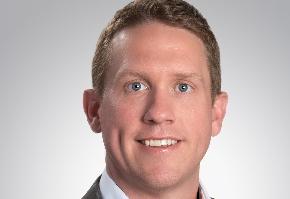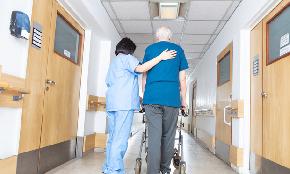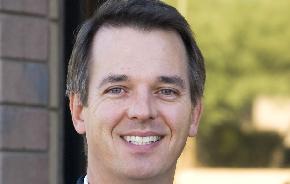Even though COVID is raging, there has been encouraging vaccine news over the last couple of weeks. Eventually, things should return to normal.
Even when that happens, Birmingham, Ala.-based Bayer Properties’ Executive Vice President of Operations Doug Schneider says that the pandemic will show companies they have to plan for the ability to react to a potential coronavirus type situation in the future.
“If this happens again, you need to make sure that you have the right tools so that you can react accordingly,” Schneider says.
Bayer is already well-positioned because it has a strong foothold in outdoor lifestyle centers. “The outdoor environment has been advantageous for us,” Schneider says. “I think any development we do in the future would be all outdoor because that gives you more flexibility in terms of how you handle these types of situations [where people can’t or don’t want to be indoors].”
When customers feel like they need social distance from other people, having outdoor space is a tremendous advantage.
“The great thing about an outdoor center is there is plenty of room to social distance,” Schneider says. says. “You have choices about what stores you go in. If I go into a mall, I don’t have as many choices in terms of social distancing because it’s an enclosed location. “
Outdoor lifestyle centers also can host events centered around fitness, yoga and walking. “Getting consumers outside, where they have the ability to social distance, has been an advantage and something that we’ve tried to leverage with our customers,” Schneider says. “We’ve had restaurants expand into the parking lot if we can give them more space to spread out. That can help drive sales and make customers feel more comfortable.”
When customers do come into stores, Schneider says they need to see that retailers are taking steps to protect them.
“It’s important that a retailer demonstrates that they are taking a customer’s safety into consideration, and they are doing whatever they can to make sure that that continues to be a case,” Schneider says.
While retailers can add UV light to disinfect the air or MERV filters, customers can’t see these improvements. Still, those are important upgrades.
“You need to demonstrate visually to that shopper that they’re entering into a safe environment, and they should feel safe in shopping, even in grocery stores,” he says. “Some stores have employees wiping down the grocery carts where customers can see it.”
When customers do visit retailers, their shopping habits are changing. Schneider says customers are buying more in one trip instead of making multiple visits.
“Customers are being more direct in terms of what they’re purchasing, and they are purchasing more on every trip,” Schneider says. “So the retail sales decline is less than the traffic decline because people are actually making a higher number of transactions on each visit. Customers are planning their trips better.”

















 Copyright © 2024 ALM Global, LLC. All Rights Reserved.
Copyright © 2024 ALM Global, LLC. All Rights Reserved.